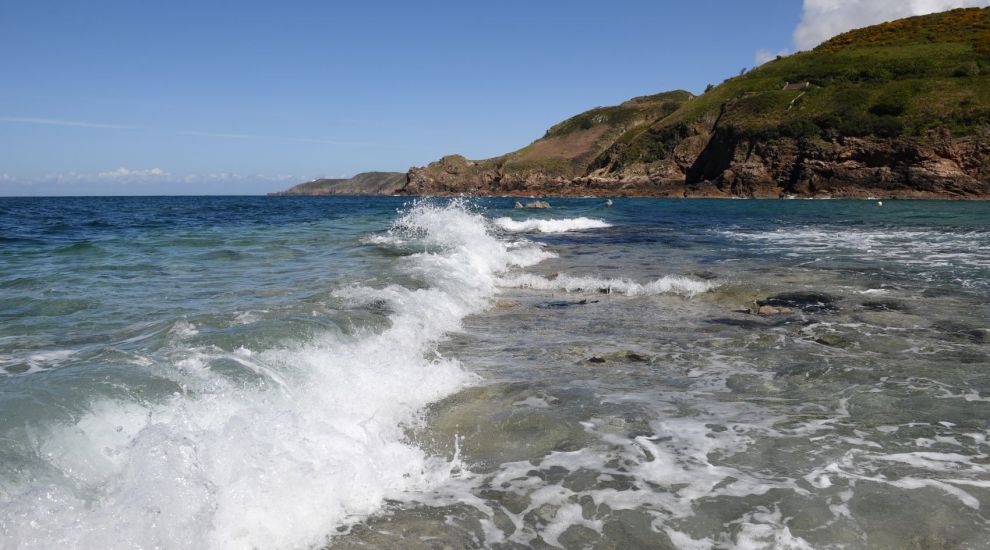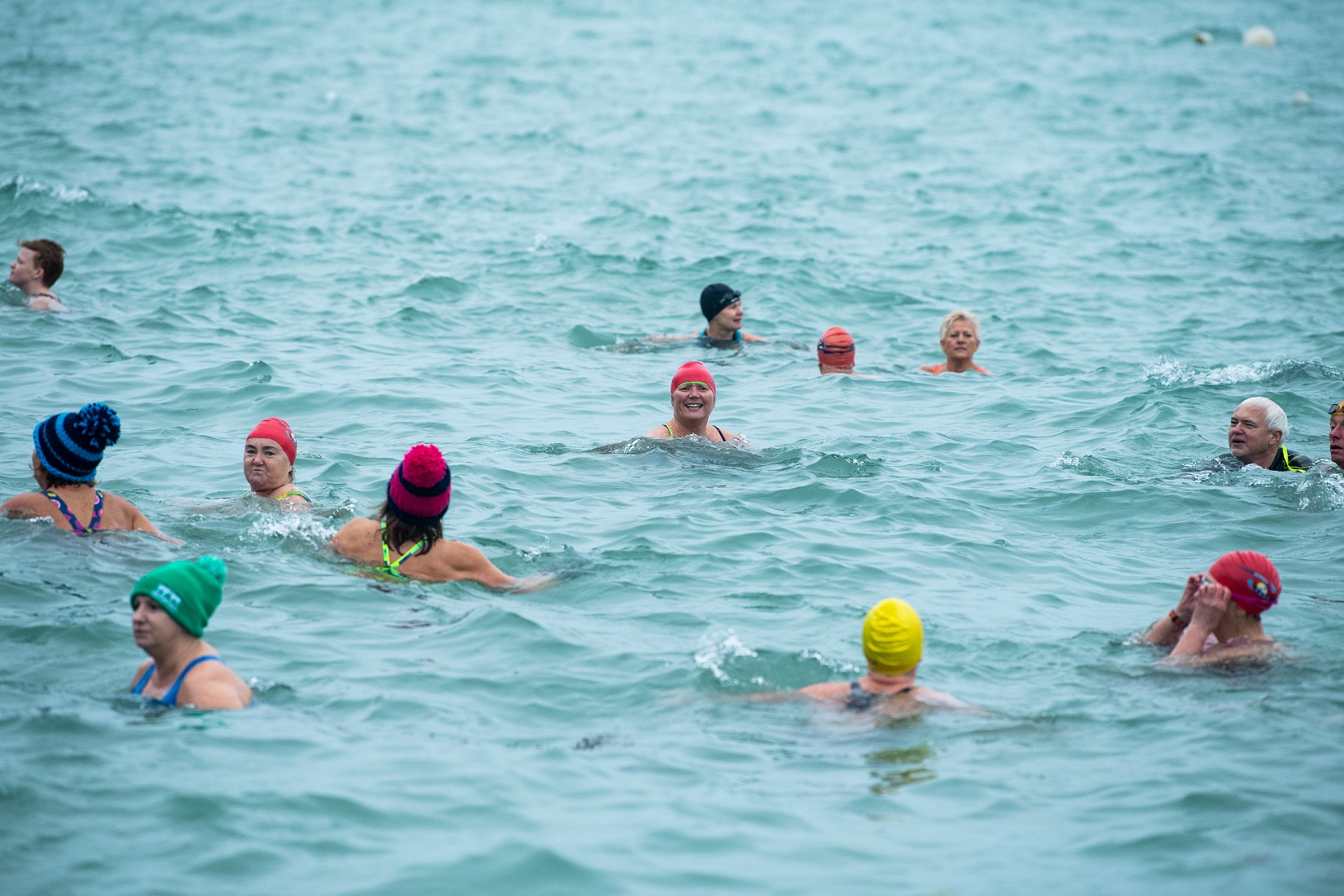


Jersey's sea water quality could be tested more frequently after shock recordings of high levels of E.coli were found at Grève de Lecq last month when routine sampling commenced.
Environment Minister Steve Luce told a scrutiny hearing this week that an increasing number of winter-time swimmers had also highlighted the need for more testing.
Kelly Whitehead, the Government's Group Director for Regulation, also revealed to the Environment, Housing and Infrastructure Panel that the Regulations directorate will be investigating the cause of the incident at Grève de Lecq, other contributing factors and whether it was “foreseeable”.

Pictured: It emerged that a "partial blockage" on an incoming sewer to one of the pumping stations was the suspected cause of the poor water quality at Grève de Lecq last month.
A sample taken in mid-May showed a reading of 3,300 parts E.coli per 100ml of water. This was over six times higher than the E.coli threshold for "poor" water – which is indicated by a value of 500 cfu/100ml.
The high levels of E.coli at Grève de Lecq were discovered in the first routine test carried out by the Government between May and September each year as part of regular monitoring of 16 bays around Jersey.
Official warnings were issued for islanders to avoid swimming in the area, while anyone who had done so – and felt unwell or had health concerns – were urged to speak to their doctor.
The E.coli levels gradually fell in follow-up tests, and advice to avoid sea swimming in the area was lifted at the end of May.

Pictured: Warning signs were removed from Grève de Lecq beach entrances at the end of May.
Explaining the cause of the incident, Deputy Luce said: “We started our regular weekly testing of bathing waters last month, and immediately discovered that the sea water in Greve de Lecq was a long way above where it should be.
“This initiated an immediate investigation where it was discovered that a pipe between two pumping stations of the infrastructure system had some blockages, and in certain circumstances, that blockage was causing an overspill which was getting its way into stream, onto the beach, and entering the sea.
“We’re back to where we should be, but there should be no complacency, and regular monitoring continues.”
Panel member Deputy Tom Coles asked whether the testing regime could be improved or made more regular.

Pictured: “Since Covid, we have a large number of people who swim all year round," said Deputy Luce.
In response Deputy Luce said: “Since Covid, we have a large number of people who swim all year round. Bathing is something that is happening far more regularly than before.
“We may, and I only say may because it will be a resource strain on finances, but we may need to look at doing a little bit more testing. This may not be weekly, but we will look at it anyway.”
Ms Whitehead, who leads the Regulation directorate, part of the Infrastructure, Housing and Environment (IHE) department, said live investigations could not be further commented on.
Last year, some members of a sea-swimming group suggested the testing should take place all-year-round.
Rise in sea swimmers prompts review of sea water quality monitoring
Comments
Comments on this story express the views of the commentator only, not Bailiwick Publishing. We are unable to guarantee the accuracy of any of those comments.